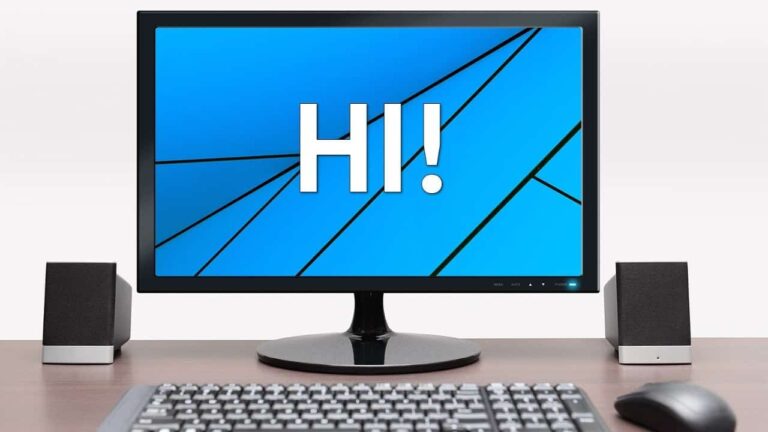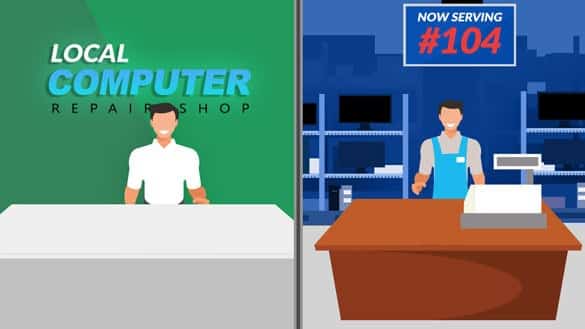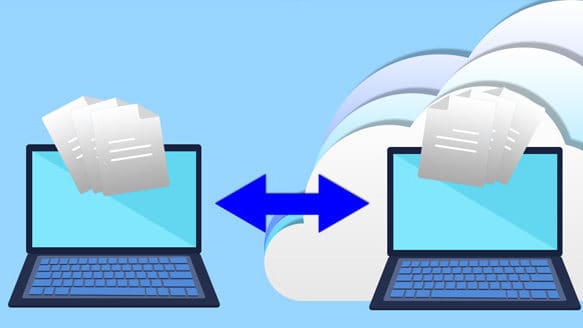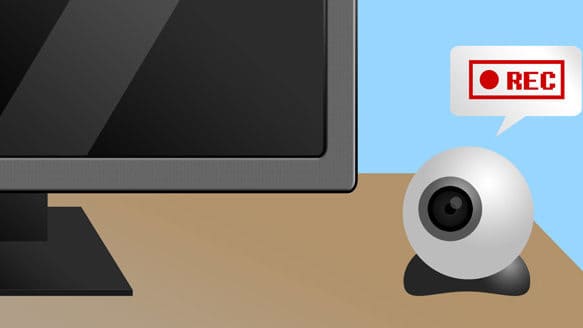Death is a morbid topic that most of us try to avoid. Making a will and saying we prefer a particular type of funeral is usually the extent of our advance planning. Yet, you may want to also think about what’s going to happen to your data.
Consider your digital footprint. You have photos, files, and emails on your computer and your phone. You’re also documenting your life on social media, and sharing on more than one channel.
Your wearable technology (say an Apple Watch or a Fitbit) may be recording information too. If you have a virtual assistant in your home, it’s recording your search history and saving that data on the cloud.
Many of us never think “what will happen to my data after I die?” Do you want it deleted? Do you want your family to take care of it? Are there digital assets you want to share? Perhaps there is tangible value attached to some of your digital assets. At the very least, some photos and videos that may have sentimental value for those who survive you. So, let’s explore what you can do to protect your digital legacy.
Personal Files on Computer or Phone
Your devices and accounts are password protected. While necessary, this makes it more difficult for your survivors. Windows and Apple MacOS passwords can be reset quite easily. Phones are usually more complicated, though as most of the data stored on them is encrypted.
But, it’s easier to have a copy of your passwords in a secure place for someone to access in the event of your death. Another option is to use a password manager. You can designate someone as your backup contact. They will be able to gain access to your passwords should you die.
Recently, we signed up for LastPass family plan. It gives us the ability to share essential passwords (like utility providers and banks) with each other. One of the critical features is emergency access. If one of us dies or is unable to respond to emails for any reason, the other can request access to all digital content after a certain amount of time passes.
Digital Media Collections
Often, when you click the “Buy” button, you’re not really purchasing that movie or music forever. Your contract with iTunes, for instance, was only for your lifetime. Your rights expire at your death.
Cloud Accounts
Consider the personal and private data you have in the cloud, such as Google or Microsoft’s Outlook. This might include calendars, emails, GPS, documents and financial information.
Google’s Inactive Account Manager lets you make plans for your account. You decide:
- When Google should consider your account inactive
- What it should do with your data afterwards
- Whether to share account access with someone (providing email and phone number)
- When or if your account should be deleted.
Microsoft won’t provide your passwords after death. However, via their Next of Kin process, someone could be sent a DVD of the data in your outlook.com account.
Other cloud providers ask for proof of death and of legal right to access. In Dropbox’s case, for instance, your survivors will need a court order. Even with all this, there’s no guarantee your personal data is completely removed from the cloud. It may exist in other datasets in system backups.
Social Media Accounts
Social media companies do not provide login credentials. Many require proof of identity and a death certificate to deactivate the account. Facebook and Instagram will “memorialise” your accounts. The public can’t see, but Friends or Followers can still view it and post memories. You can assign a legacy contact to look after the account or have it deleted.
You don’t want someone using your social account to send out spam or inappropriate photos. For instance, a “sexy spambot” took over a New York Times media columnist’s Twitter after his 2015 death.
Plan ahead to protect your privacy and provide access where necessary. Think of the pain and heartache you can save your survivors by managing your digital legacy now.







